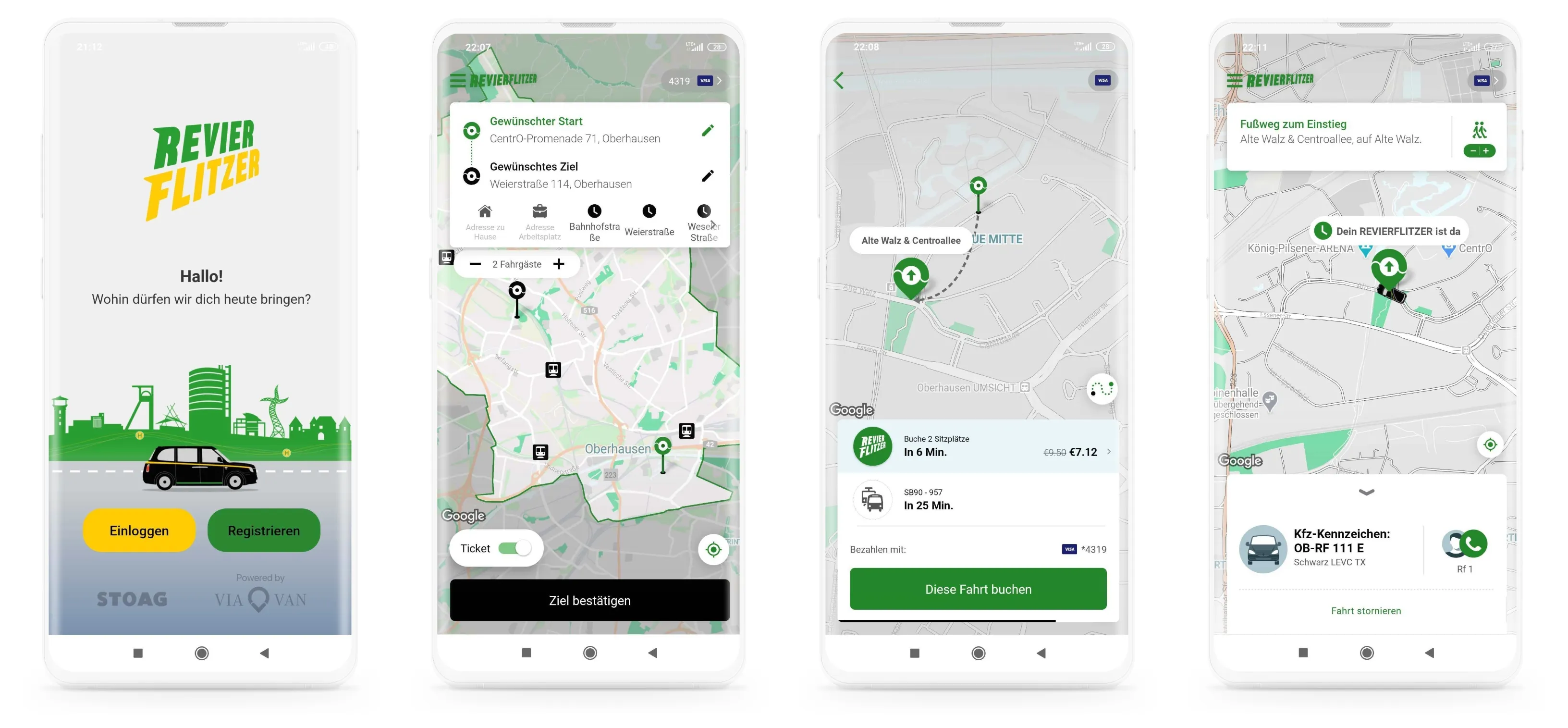Physical integration of public transit systems with car-sharing will enhance convenience and drive growth opportunities, finds Frost & Sullivan's Mobility Team.
Its latest study, Future of Car-sharing Market to 2025, says that with vehicle automation rapidly gaining currency, cars-haring operators (CSOs) are developing novel business models to address the evolving mobility demands of commuters. They will initially offer self-parking services, allowing members to drop off vehicles at designated parking lo
October 5, 2016
Read time: 2 mins
Physical integration of public transit systems with car-sharing will enhance convenience and drive growth opportunities, finds 2097 Frost & Sullivan's Mobility Team.
Its latest study, Future of Car-sharing Market to 2025, says that with vehicle automation rapidly gaining currency, cars-haring operators (CSOs) are developing novel business models to address the evolving mobility demands of commuters. They will initially offer self-parking services, allowing members to drop off vehicles at designated parking lots, and gradually roll out short-distance parking service, wherein self-driven vehicles will be driven into parking lots. Finally, once complete automation is possible, collaboration with key players and convergence with public transport will change the mobility industry.
As automated driving will dilute the need for personal ownership, traditional car owners will gravitate toward car-sharing services. Furthermore, the worsening levels of traffic congestion and pollution due to the development of mega-cities and urbanisation foster a favourable environment for efficient travel services.
"The convenience, flexibility and security of car-sharing services make a strong case for the adoption of integrated mobility services," said Mobility senior research analyst Krishna Achuthan. "This, in turn, will lead to a number of mergers and acquisitions among industry majors that recognise the market benefits of offering such systems and digital platforms."
In addition to market consolidation, technology advances and government initiatives will give a huge boost to car-sharing services, with the number subscribers expected to cross 36 million by 2025 from 7.9 million in 2015. However, to achieve optimum market potential, CSOs need to counter the high insurance cost and inadequate demand in areas with low population density.
1731 BMW's 6452 DriveNow and ReachNow, 2069 Daimler's 4190 Car2Go, 3874 Zipcar, Bollore Group and GM currently are the prominent players in the space. This pool of competitors is set to expand with advances in public transit systems.
"Physical integration of public transit systems with car-sharing will allow users to book both cars and train tickets through one single mobile app and thereby, enhance convenience and drive member growth," noted Achuthan. "In future, car-sharing models are likely to expand to include peer-to-peer and corporate services on the same platform, as well as consolidate with adjacent mobility services like leasing, car rental and bike sharing."
Its latest study, Future of Car-sharing Market to 2025, says that with vehicle automation rapidly gaining currency, cars-haring operators (CSOs) are developing novel business models to address the evolving mobility demands of commuters. They will initially offer self-parking services, allowing members to drop off vehicles at designated parking lots, and gradually roll out short-distance parking service, wherein self-driven vehicles will be driven into parking lots. Finally, once complete automation is possible, collaboration with key players and convergence with public transport will change the mobility industry.
As automated driving will dilute the need for personal ownership, traditional car owners will gravitate toward car-sharing services. Furthermore, the worsening levels of traffic congestion and pollution due to the development of mega-cities and urbanisation foster a favourable environment for efficient travel services.
"The convenience, flexibility and security of car-sharing services make a strong case for the adoption of integrated mobility services," said Mobility senior research analyst Krishna Achuthan. "This, in turn, will lead to a number of mergers and acquisitions among industry majors that recognise the market benefits of offering such systems and digital platforms."
In addition to market consolidation, technology advances and government initiatives will give a huge boost to car-sharing services, with the number subscribers expected to cross 36 million by 2025 from 7.9 million in 2015. However, to achieve optimum market potential, CSOs need to counter the high insurance cost and inadequate demand in areas with low population density.
"Physical integration of public transit systems with car-sharing will allow users to book both cars and train tickets through one single mobile app and thereby, enhance convenience and drive member growth," noted Achuthan. "In future, car-sharing models are likely to expand to include peer-to-peer and corporate services on the same platform, as well as consolidate with adjacent mobility services like leasing, car rental and bike sharing."









